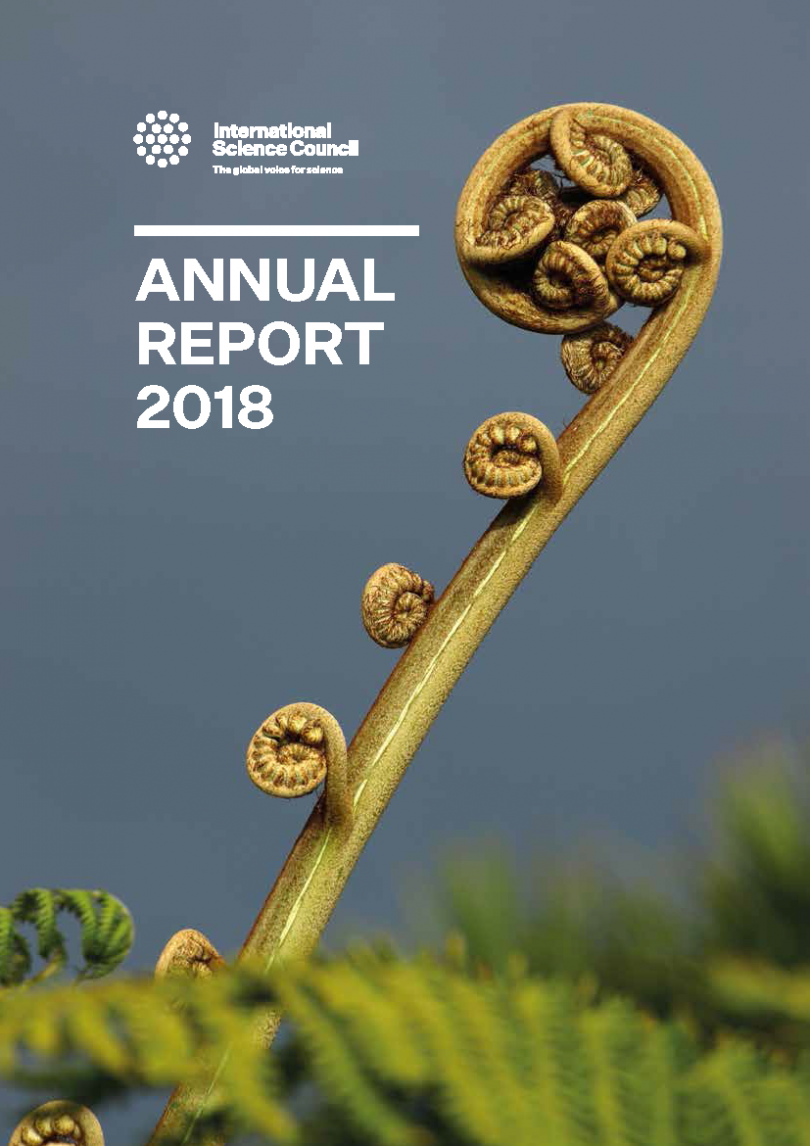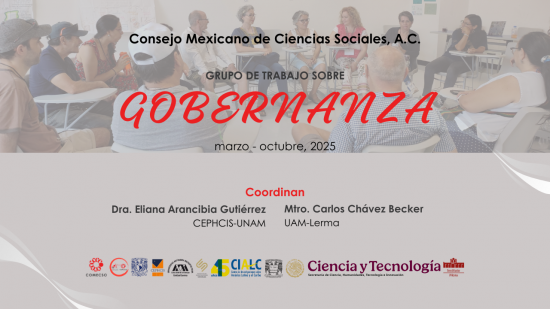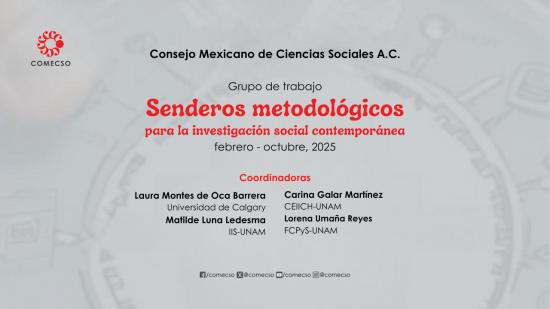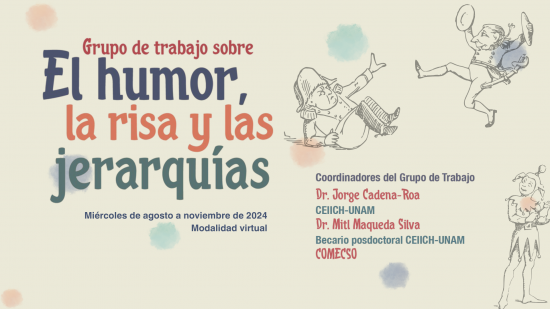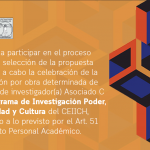International Science Council Annual Report 2018
The first General Assembly and launch of the Council in July 2018 was undoubtedly a highlight of the year, bringing together representatives from our members across the world at the Maison des Océans in Paris. We thank the Académie des Sciences for hosting the launch event and General Assembly, and for helping to make the events memorable.
At the launch of the Council, together with our members, we set ourselves a bold mission: to be a powerful, prominent and credible voice for science at the global level. The new Council should make the case for the value of all science as a global public good, universally accessible and its benefits universally shared. The ISC builds on the impressive legacy of its predecessor organizations, yet it must continue to learn from their experiences, and – crucially – it must be greater than the sum of its parts.
In order to fulfil this mission, the ISC must work harder to promote and defend science as a source of innovative solutions to global challenges, of critical evidence to inform decision-making, and of inspiration and wonder for future generations. Meeting the ambitions for the ISC will depend on active engagement with its members, and on managing relationships with the Council’s key partners.
This work has now begun in earnest, with the newly elected Governing Board members leading the development of three-year action plans for science, for outreach and engagement, for regional engagement, and for freedom and responsibility in science. We were heartened by the constructive and detailed feedback from members on the development of our science plan in recent months, and our meetings with partners from the wider science and policy community have demonstrated that there is real interest in and appetite for an emboldened International Science Council that can represent all disciplines and can catalyse tran-snational, inter- and trans-disciplinary activities in addressing today’s global priorities.
As we proceed to implement plans for new activities and seek to boost the visibility of the new Council, it is an opportune moment to re-examine our place in the global science landscape and to re-state our commitment to the key principles that have driven the Council since its earliest beginnings almost 100 years ago as the International Research Council (IRC). As several of our scientific union members prepare for centenary celebrations, it is pertinent to ask: what is the role of international science collaboration today?
As a scientific community, we are more connected than ever before, more accustomed to working across disciplines and continents, and yet barriers to mobility and academic freedom persist. Scientific practice is weakened by enormous inequalities in access to knowledge and to facilities. There is still work to do to nurture a culture of scientific cooperation, exchange and benefit sharing, and to protect and promote the freedom of science.
The science system itself is also confronting sweeping and potentially disruptive changes, from the impact of advanced digital technologies and artificial intelligence, to a re-consideration of forms of scientific publishing around the aims of open science. The ISC must establish itself as a leader in addressing challenges in the evolving system of science, and establishing principles for the responsible conduct of science and scientists.
The creation of the ISC also comes at a time when we’re experiencing major changes in the geopolitical landscape, and the emergence of new players in
the international fora which the Council seeks to influence. It is essential that the Council continues to promote the use of scientific evidence to inform policy at every level of governance, and to make the case for increased understanding as a driver of progress and human development.
Whilst public trust in science remains high, new online media have amplified the spread of scientific misinformation on topics such as environmental change and vaccination. Simply sharing more scientific information has not worked. We need to find new ways of increasing trust in and engagement with science: through the newly established Committee for Outreach and Engagement the Council will work towards a better understanding of science across all sectors of society, in order to strengthen the ability of science to serve the public good.
Since their election in 2018, Governing Board members have worked to frame this mission around four strategic domains which will guide our activities in the coming years:
- The 2030 Agenda for Sustainable Development
- The Digital Revolution
- Science in Policy and Public Discourse
- The Evolution of Science and Science Systems
In considering the very large range of activities that the ISC has inherited and the many issues on which it is expected to lead within the four core action areas described above, the Council must make judgements as to which are uniquely relevant to its members and the broader community, and thus central to the ISC mission. In 2019, we will publish more detailed plans for the coming years, in order to move the vision of the ISC towards a realisable goal. Our engagements throughout 2018 and the overwhelming support for the merger have suggested that there is broad support – and demand – for the ISC’s scientific aims, and a desire on the part of our broad and active membership to move forward with a new, exciting agenda.
This report sets out our highlights and key impacts of the year from before, and after, the inspiring launch events in July. We hope that you will enjoy reading it.
Daya Reddy
President
International Science Council
Heide Hackmann
CEO
International Science Council
Download report>>
Te puede interesar

Publicaciones del COMECSO
Roberto Holguín Carrillo - Ene 08, 2025Este espacio reúne la gran mayoría de la producción editorial de nuestra asociación. A lo largo de casi cinco décadas,…
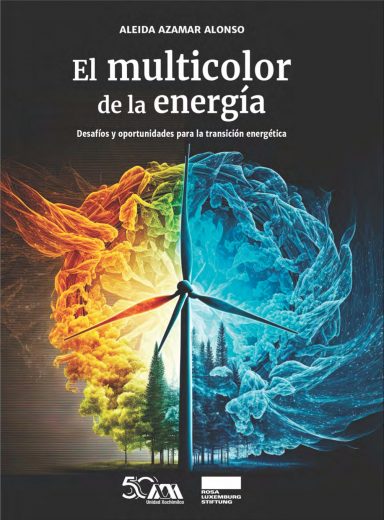
El multicolor de la energía
Laura Gutiérrez - Mar 13, 2025El multicolor de la energía. Desafíos y oportunidades para la transición energética Autora: Aleida Azamar Alonso Universidad Autónoma Metropolitana, con financiamiento de…

Convocatoria a solicitar sede del X Congreso Nacional de Ciencias Sociales
Laura Gutiérrez - Mar 12, 2025Con el objeto de presentar a la comunidad académica los resultados de investigación en Ciencias Sociales y contribuir a la…
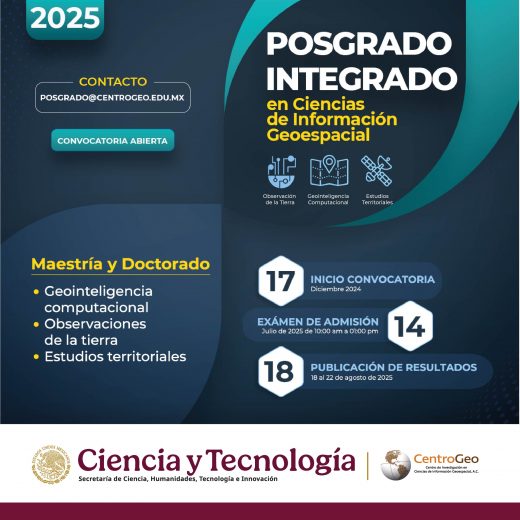
Posgrado Integrado en Ciencias de Información Geoespacial
Laura Gutiérrez - Mar 12, 2025El Centro de Investigación en Ciencias de Información Geoespacial (CentroGEO) Programa Posgrado Integrado en Ciencias de Información Geoespacial Convocatoria abierta…
